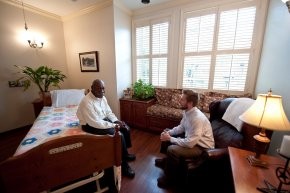Thursday April 9th, 2015
Does the advance directive need updating?
Once an advance directive for healthcare is complete, most of us want to set it aside as "DONE."
But circumstances, priorities, and preferences all change with time. Consider a review and an update with any of these life events


